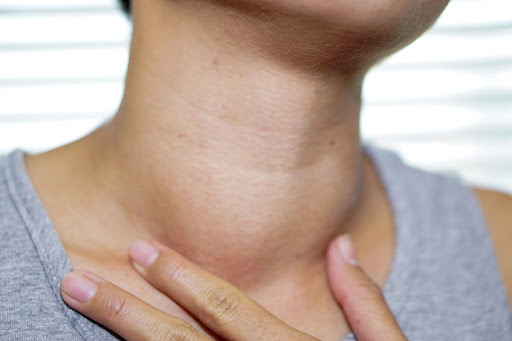
Do You Have Hypothyroidism?
Hypothyroidism is a common condition where the thyroid doesn’t produce and release enough thyroid hormone into the bloodstream. Which, in turn, causes metabolism to slow down. The thyroid hormone helps the body use energy, regulate heat, and maintain the function of the brain, heart, muscles, and other organs.
Many people live with undiagnosed hypothyroidism due to mild symptoms. Initially, symptoms may be easily mistaken for other illnesses, such as depression or fibromyalgia. Depending on the impact, joint pain and/or fatigue may be attributed to stress or fatigue from working too much or not enough downtime for a healthy lifestyle.
Hypothyroidism affects a lot of women who are simultaneously going through hormonal changes and imbalances with menopause. The symptoms can be difficult to differentiate and may be overlapping. Hypothyroidism also impacts some pregnant women as their hormone levels fluctuate. This usually resolves after the birth of the child.
Hypothyroidism is caused by too little or too much iodine, damage to the pituitary gland, medications, inflammation of the thyroid, radiation treatment or autoimmune disease.
Here are some of the most common symptoms to be on the lookout for:
-Swelling in the feet, legs, hands
-Easy bruising
-Elevated LDL cholesterol
-Fatigue
-Slow speech/movement
-Morning stiffness
-Joint pain
-Muscle pain; calves, thighs, upper arms
-Gas/bloating
-Low libido
-Memory/concentration problems
-Depression
-Headaches
-Menstrual irregularities
It’s so important to listen to your body and recognize when you’re experiencing symptoms or just don’t feel like yourself. As many as 10% of women may have some degree of thyroid hormone deficiency. Knowing this information can help empower you to be conscious of your health.
Symptoms of hypothyroidism can mimic other health issues, especially for women, which is why it is so important to get laboratory testing to identify the problem. Through testing, healthcare providers are able to differentiate between hypothyroidism and other conditions or imbalances.
Once diagnosed, what comes next?
Hypothyroidism is often treated by replacing the amount of hormone that your own thyroid can no longer make with medications. Replacement can restore your body’s thyroid hormone, which will alleviate many of your symptoms. A thorough investigation of your health history is vital to identifying the underlying cause of your hypothyroidism. Always get to the why!
Staying on top of your health is crucial in taking care of your body when diagnosed with hypothyroidism. Important vitamins and minerals to incorporate into your diet are Selenium, Zinc, Vitamin D, Vitamin A, Iodine, and iron.
At Blue Coral, I work to help people live their best lives by optimizing their health. Set up a free consultation today to learn more!

No Comments